NeuroHackaTor
.png)
NeuroHackaTor 2021 took place in the third week of May, from May 21 to 23, 2021. The event started at 12:30 on Friday with the opening ceremony and ended with the announcement of the results at 16:00 on Sunday. Between Saturday and Sunday, the teams worked for 24 hours on a technological solution, and the main topic of the event was to improve the everyday functioning of a human being. This topic allowed teams to work on solutions involving Brain-Computer Interfaces, Machine Learning and many other related neuroscience issues. To clarify this topic, we distinguished four paths that participants could consider in their projects, including:
- Reducing negative affect caused by isolation and loneliness.
- Adjusting cultural and educational spaces to recipients.
- Improving the daily functioning of the elderly.
- Improving the functioning of e-learning.
Before the competition stage, there were also lectures on Friday by academic specialists in the field of neurotechnology. The condition for participation in the event was to create a team of 3 to 5 active members. Ultimately, we managed to gather teams from 4 continents, including Africa, Asia, Europe and North America. The representation of 11 countries was surprising for us, because students and academics from Canada, the United States, Great Britain, the Netherlands, Italy, Ukraine, France, Japan, Kazakhstan, Nigeria and Poland registered!
The report from the event is available to watch on YouTube channel of Neurotechnology Scientific Students Club. The teams, however, worked on the project and contacted mentors on the Discord platform, which enables voice and text contact.
On the first day of the event, we invited speakers dealing with neurotechnology to talk about the issues discussed at our event and about their interests and work. The speakers at NeuroHackaTora 2021 include:
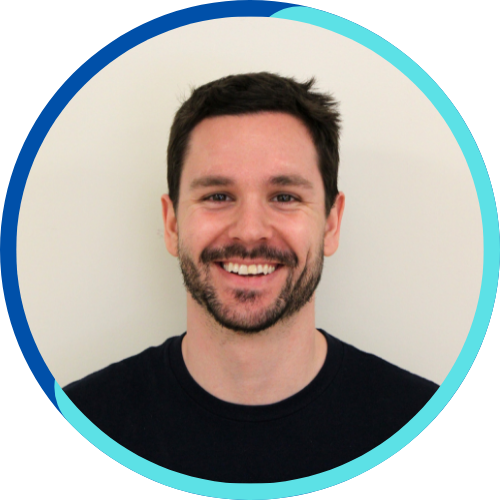
Dr Yannick Roy
NeuroTechX, University of Montreal, Canada
title: Consumer NeuroTech
hour: 12:30 CEST
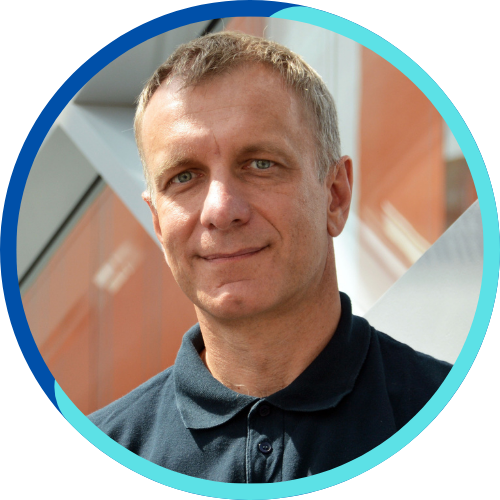
Prof. Piotr Durka
BrainTech, Warsaw University, Poland
title: Everything You Wanted To Know About BCI* (But Were Afraid To Ask)
hour: 13:00 CEST
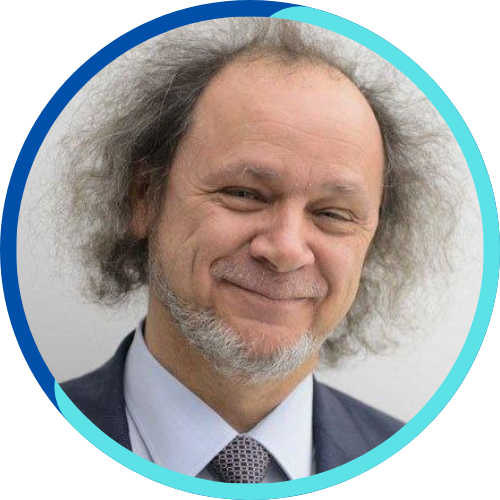
Prof. Włodzisław Duch
Nicolaus Copernicus University in Toruń, Poland
title: Brain-Computer-Brain Interfaces
hour: 13:30 CEST
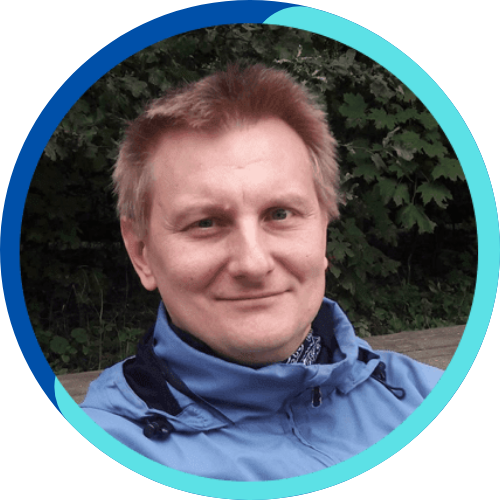
Prof. Jacek Matulewski
Nicolaus Copernicus University in Toruń, Poland
title: Gaze-based Human-Computer Interaction
hour: 14:30 CEST
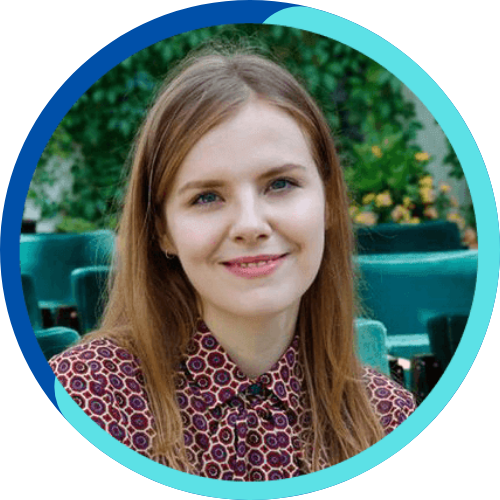
Dr Karolina Finc
Nicolaus Copernicus University in Toruń, Poland
title: Understanding the brain’s ecosystem
hour: 15:00 CEST
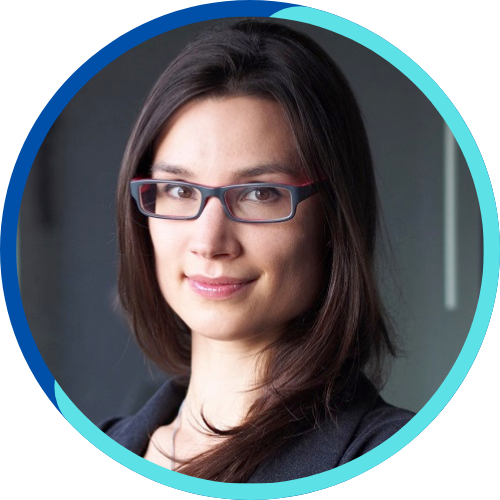
Dr Anna Anzulewicz
Warsaw & Jagiellonian University, Poland
title: What does movement tell us about the mind? Discovering human behavior from wearable sensors and smartphones.
hour: 15:30 CEST
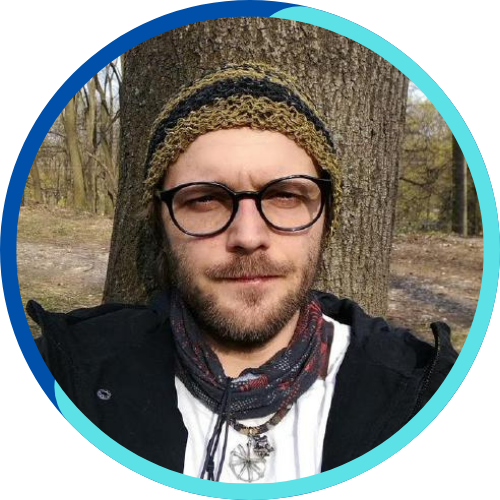
Łukasz Furman
CyberLive & Jan Matejko's Academy of Fine Arts in Cracow, Poland
title: Workflows with EEG signal. Presentation of environments and discussion of differences.
hour: 17:00 CEST

Adam Molnar
Neurable & University of Michigan, USA
title: Applied Neurotechnology
hour: 17:45 CEST
During the last day of the event, teams presented their work in the form of presentations in the presence of judges who could ask questions. You can return to all materials presenting the work of the teams, because they have been made available on the YouTube platform of our Club. After a few hours of break and voting, the winners were selected.
The first place won the Geist team, which included Ivo John, Adrianna Dominas and Michał Bujniewicz-Uppal from the Medical University of Warsaw, Warsaw University of Technology and Gdańsk University of Technology.
The team presented the applicability enabling early stroke detection during sleep, which could allow the soonest as possible initiation of treatment and selection of appropriate therapy.
The second place won the Machine Learning Journal 1st Club team consisting of students from the University and University of Technoloogy in Turin. The team included Arianna Di Bernardo, Flavio Santori, Gabriele Penna, Letizia Pizzini and Pio Rafaelle Fina. Based on statistics describing the number of visitors to museums in Italy and the degree of their interactivity, the team created a system that was to increase the immersion between the museum and the visitor. In particular, the focus was on people with ADHD, so as to try to match their interests as much as possible.
They decided to improve the engagement of the entire visit to the museum through several steps:
- Extract Bio-signals with an EEG;
- Estimate the appreciation by using different bio-indexes;
- Using these bio-indexes to study how the engagement varies over time;
- Personalize the storytelling behind the artwork itself using NLP.
The third place on the podium was taken by the Machine Learning Journal 2nd Club team, which presented a project that tried to cope with the task of coping with the isolation resulting from the pandemic situation in regulating the mood of the elderly. Based on literature and interviews, they decided to take advantage of the possibility of improving the mood through natural sounds and having a view of the green surroundings that could improve well-being without leaving home. The main focus was on the analysis of the EEG signal, especially alpha waves, which could induce specific characteristics in the signal through changes in the environment. The "Listen to your brain" project is actually an EGG (ElectroGreenGram) tool that allows you to conduct neurofeedback sessions.
The team included Beatrice Villata, Marco Bottino, Anjali Agarwal, Micol Olocco and Enrico Sansone.
The special prize sponsored by BrainTech was won by the GRIK team, which designed a tool that, based on the EEG signal, tracks the emotions and allows you to control the facial expressions of virtual avatars. The team will be able to test the applicability they have prepared on the equipment provided by BrainTech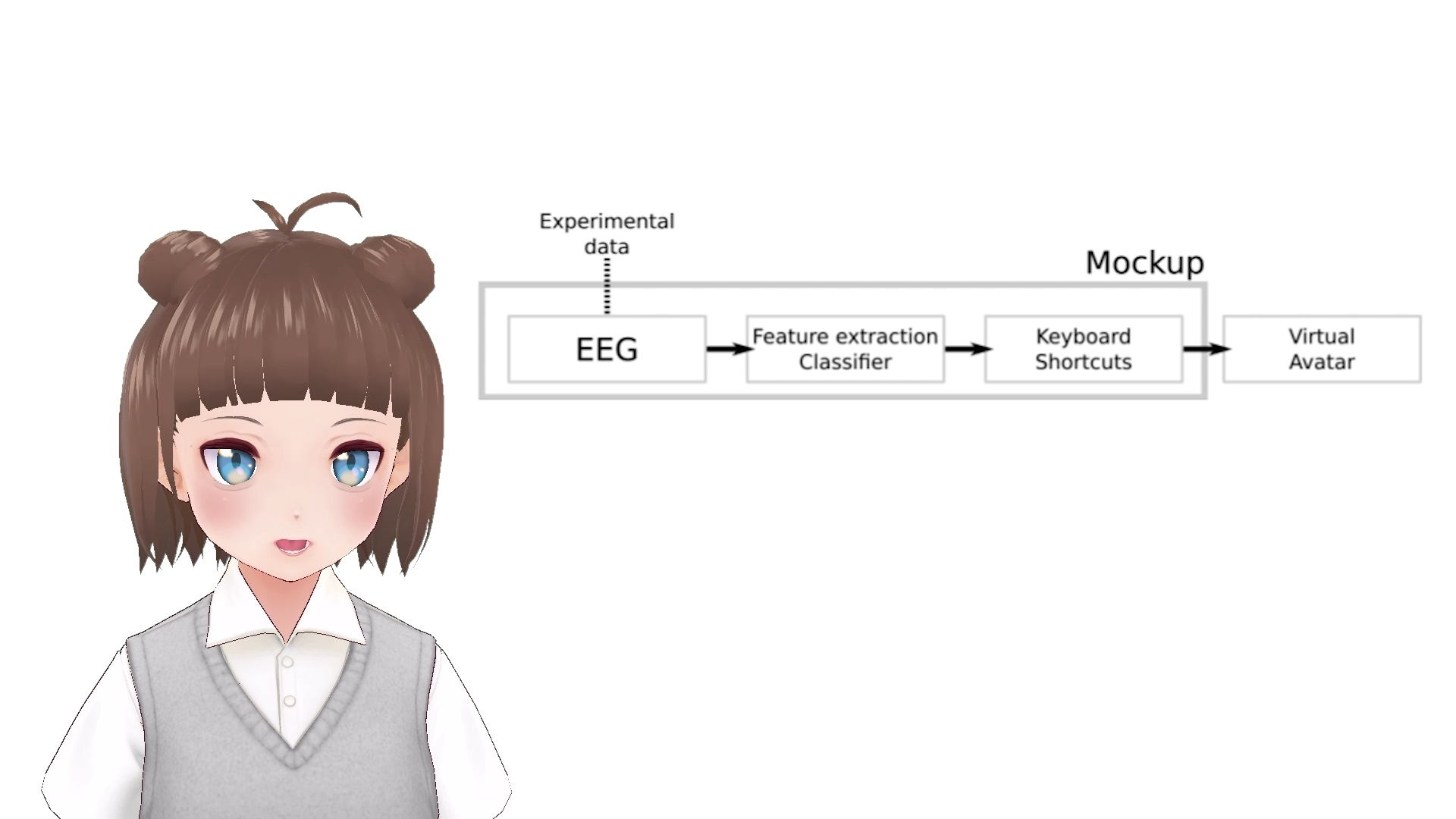
The winning team included Agata Kwiek, Barbara Adamska, Jakub Dakowski, Jakub Partyka and Magdalena Pietruch from the Adam Mickiewicz University in Poznań. Together, using EEG, they recorded brain activity while viewing pictures that evoked emotions such as happiness, sadness, fear or disgust. Using a machine learning algorithm, they checked how effectively it is possible to recognize these emotions in the EEG signal. They also prepared their own avatars using tools like 3tene and MetaHuman Creator, and then created a desktop app design that communicates with any 3D avatar the user is using. The application allows for training sessions with EEG, triggers avatar animations and sends discreet notifications about recognizing emotional states to the user.
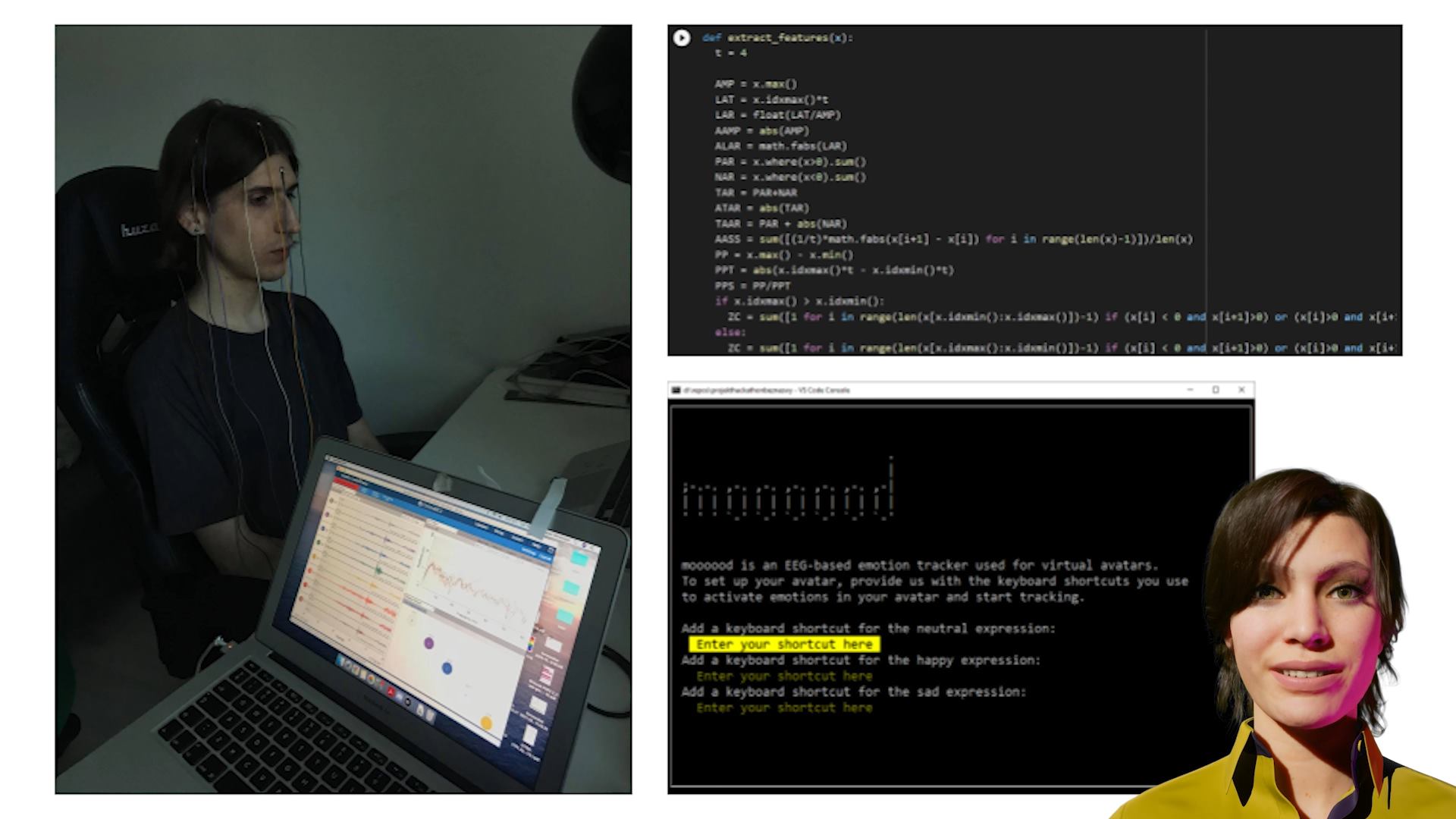 Source code can be found on GitHub.
Source code can be found on GitHub.
The event was held under the patronage of:
- Tygiel Foundation is the initiator and organizer of many scientific conferences as well as scientific and educational events. Since 2014, the Foundation has been working to promote and develop science in Poland.
- NeuroTechX, an international community of neurotechnology enthusiasts. As the Neurotechnology Scientific Circle, we operate jointly on the basis of partnership.
- National Centre for Research and Development as a government executive agency building a modern present and future based on innovations from the world of science. NCBR is a key center for supporting and creating innovative technological and social solutions, it creates an ecosystem of knowledge and information about them. Initiates and implements projects contributing to the civilization development of the country.
- MedBiz Innovations as an organization associating students of business, medical and technical faculties along with the leading specialists of the MedTech market. Currently, three projects are being implemented - MediBiz Innovations Program, MedBiz Innovations Academy and Innovations Platform. Moreover, the MedBiz program is supported by the best Polish specialists.
The event is sponsored by:
- BOTLAND an online electronics store for robotics that provides electronic components, microcontrollers, Arduino and Raspberry, measuring devices, soldering stations and much more.
- BrainTech i.e. a company founded by scientists, offering complete EEG and BCI solutions for science, education and industry. The roots of the activity date back to the first demonstration of the brain-computer interface in Poland in 2008 and projects related to the development of software for the analysis of neural signals. So far, the company has managed to implement over a dozen complete projects, complete EEG / BCI systems based on innovative equipment and software for scientific research and teaching
- Psychology Instute, Faculty of Philosophy and Social Sciences Wydziału Filozofii i Nauk Społecznych gathering students and academic teachers interested in psychology. Choosing psychology at the Nicolaus Copernicus University, students specialize in Neuropsychology, Clinical Psychology, Practical Social and Environmental Psychology or Applied Animal Psychology.
- Research and Communication Institute, Faculty of Philosophy and Social Sciences supporting the creativity and development of students of such faculties as Information Architecture, Journalism and Social Communication and Cognitive Science. From the upcoming academic year 2021/22, the offer will also be expanded to include second-cycle studies in English.
The event is co-organized by:
- Emerging Field "Perception, Cognition, Language - PeCoLa" under the leadership of Dr Bibianna Bałaj.
- Faculty of Philosophy and Social Sciences, Nicolaus Copernicus University in Toruń, Poland.
- Center for Modern Interdisciplinary Technologies in Toruń, Poland.
